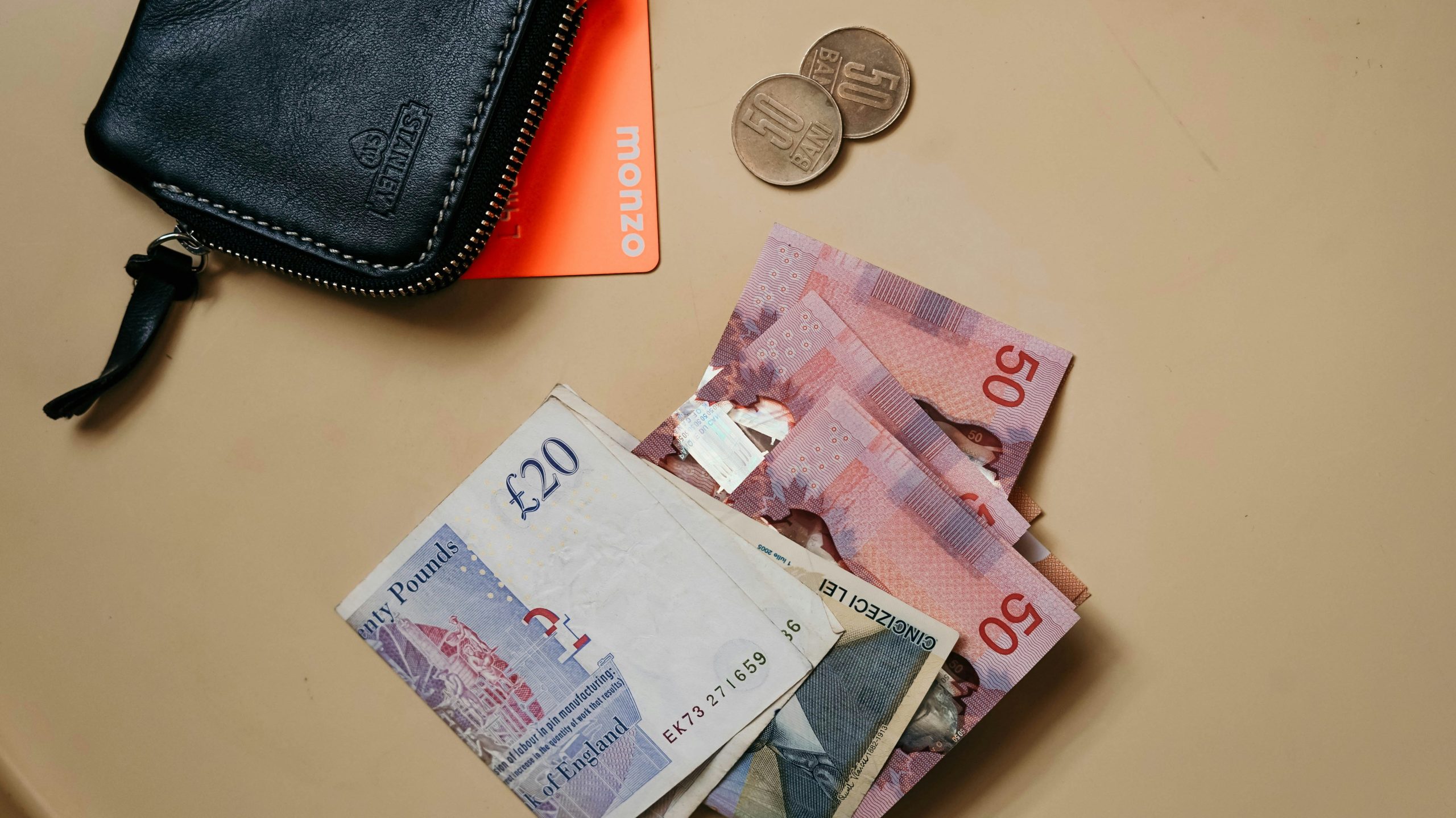Financial Advice for your 20’s
The world is suffering an economic crisis and twenty (20) something year old’s seem to be at the receiving end in all this chaos. For a group constantly hit with rising inflation, low paying jobs, high taxes and disposable salaries, bad government policies, and a broken infrastructural support – growing into financial freedom is far-fetched. Especially for young Africans, this financial and economic instability is doubled if not tripled compared to other young adults from different continents.

Taking the initiative as a young African to support your financial decisions despite the constant economic hurdles, can steadily help you save face if things get bad in your home country. These tips, (grouped into two sections) are here to guide you make better financial decisions in your 20’s.
Key Takeaways
- It’s necessary to learn basic economic trends while applying it to the current state of your country.
- Inflation is likely to stay high, you need a side hustle to support your disposable income
- Barter trade with your peers if necessary
The economic uncertainty today is causing Gen Z and Millennials to postpone big life decisions – many say it would become harder or impossible to buy a house, start a family, ask for promotion or start a new job if the economy doesn’t improve.
Deloitte Global
1. The Everyday Habits

Budgeting: The first step to understanding your financial situation is knowing what exactly your money is being spent on. This way, you allocate your income to cover the necessary expenses and cut out bad spending habits. Budgeting consistently allows you to have a healthy relationship with money in the case you grow your income exponentially.
Basic needs first, always!: Putting basic needs such as food, rent, transport, healthcare, first will make you stay on top of your finances. Very bad spending habits, especially doing so above your means are known to pose challenges during emergencies. Not only do you remain financially unstable, It also sinks you into more debt and a life on paycheck to paycheck. Use your income to cover the most important human needs and some clearing off debt, if you have any.
Save in a stable currency: In a continent filled with bad currencies, excessive inflation rates and taxes, saving a percentage of your income may not be the worst decision to make. However, being more practical in your goal towards financial freedom means saving in a more stable currency, the dollar in this case. Either holding the dollar or other strong currencies as cash or on an exchange, ultimately, is a wise decision. While still having some money in your local currencies for expenses.
Get insured and avoid bad debt: As an adult in your 20s, you may probably fall in the low income bracket. This makes getting into debt so easy, and with the likelihood of piling up over time. Looking towards insurance as a risk management option for your financial instability, can, in the long run allow you to have a debt free life. Getting insured is not cheap, so in your quest to find stability, ensure you minimize the insurance policies you sign up for. Understand that this is not a pass to expose yourself to many bad debts, but as security if the need arises.
Use cash less: You can’t evade using cash in an economy heavily reliant on fiat currencies. The goal here is to opt for peer to peer barter as means of trading and exchanges. This way, you get to use your money less and only spend on the basic needs.
2. The long game

Learn financial literacy: Having quality financial knowledge really helps you as a young adult. It equips you with tools to make better decisions when it comes to savings, investments and spending. When you are financially literate, you are likely to recognize opportunities where your peers fail to, and also have a better personality handling various economic shocks and market sentiments.
Develop a marketable skill: Building your skills helps you stay in line with the job economy. While building marketable skills clients can not pass on, gives you leverage in this new gig economy. Taking up coding or a design skill for instance, puts you at par with other international tech hires, and a chance to triple your base income. Having a sustainable skill can allow you to enjoy a stress free life and attain financial freedom.
Use more of community resources: Many countries have government approved resources to help its citizens during emergencies. Ghana for instance has the NHIS, a subsidized healthcare coverage for its citizens. Also, much smaller communities like family, friends, church sometimes provide support for struggling individuals — rent, home cooked meals and relief packages. Depending on that from time to time, helps you live a more balanced and stable lifestyle.
Apply for aids & grants: Aids and grants are amongst the resources available to young people in Africa. Many organizations are aware of the limited resources and disadvantages Africans face on a daily basis compared to other nations. In such instances, they set up aids and grants for those looking to start businesses or complete an innovative endeavor. As a young adult, it would be in your best interest to have a business goal in order to apply for aids and grants. Also, startups looking for capital investments may also have luck with government aids and investors.
Start a small business: Starting a business as a way of growing your income will save you eventually in hardship. Businesses, though not easy to start in this economy, but doing so anyway can minimize the instabilities that come with a fixed 9 to 5 salary. Economies like that of Africa’s require you to have a higher income all the time, and only a successful small enterprise can give you that advantage. However, when starting a business is too laborious to begin, complementing your job with profitable side hustles can help too.
The Hustle Generation: Meet 5 Inspiring Student Entrepreneurs Making It Happen
The goal for financial freedom in your 20’s does not begin and end with these tips, but they do provide a better understanding, for those unsure of how to survive in this economic crisis. Use this guide and other expert advice to stay ahead of the market, always.
Follow Spark for more business and campus related news.











